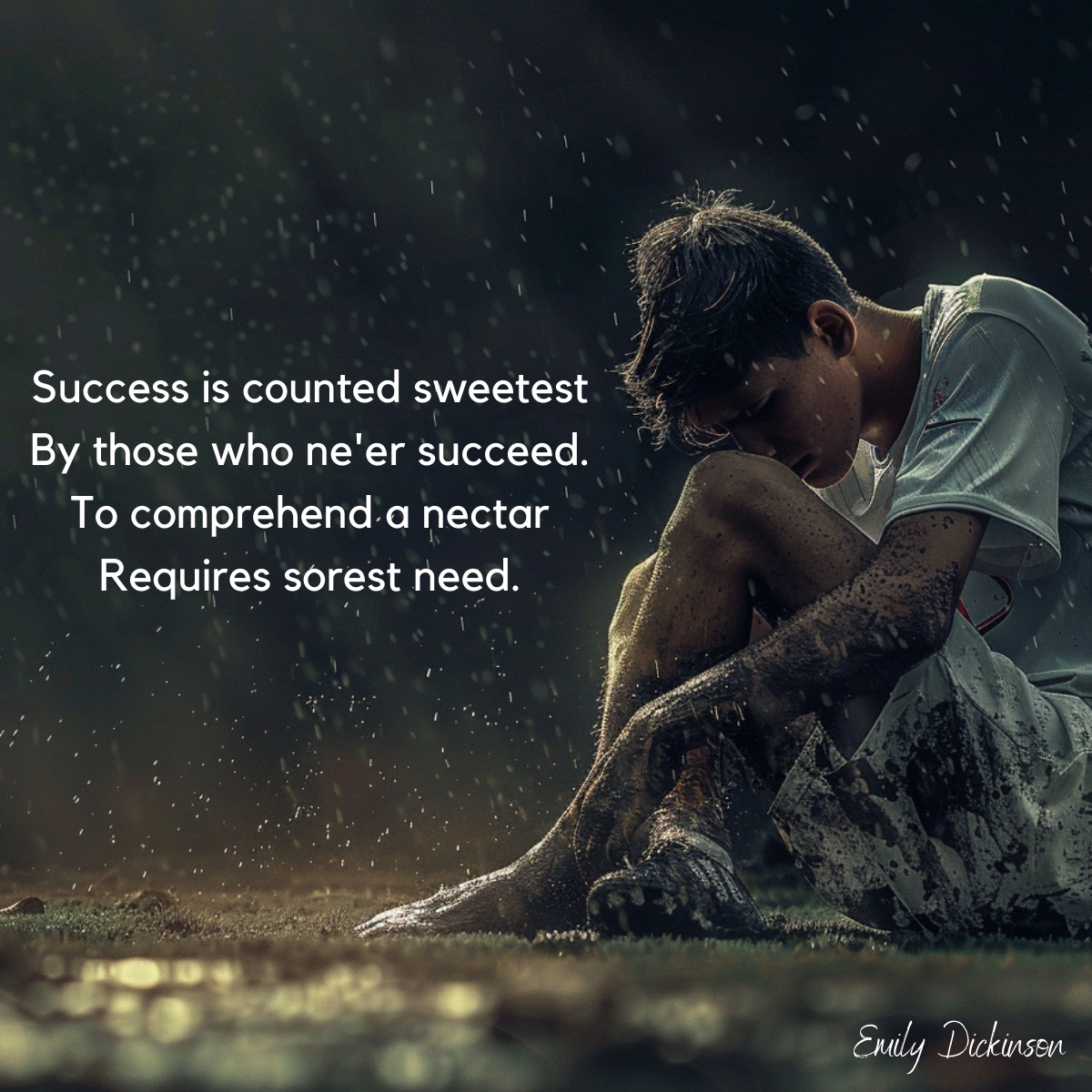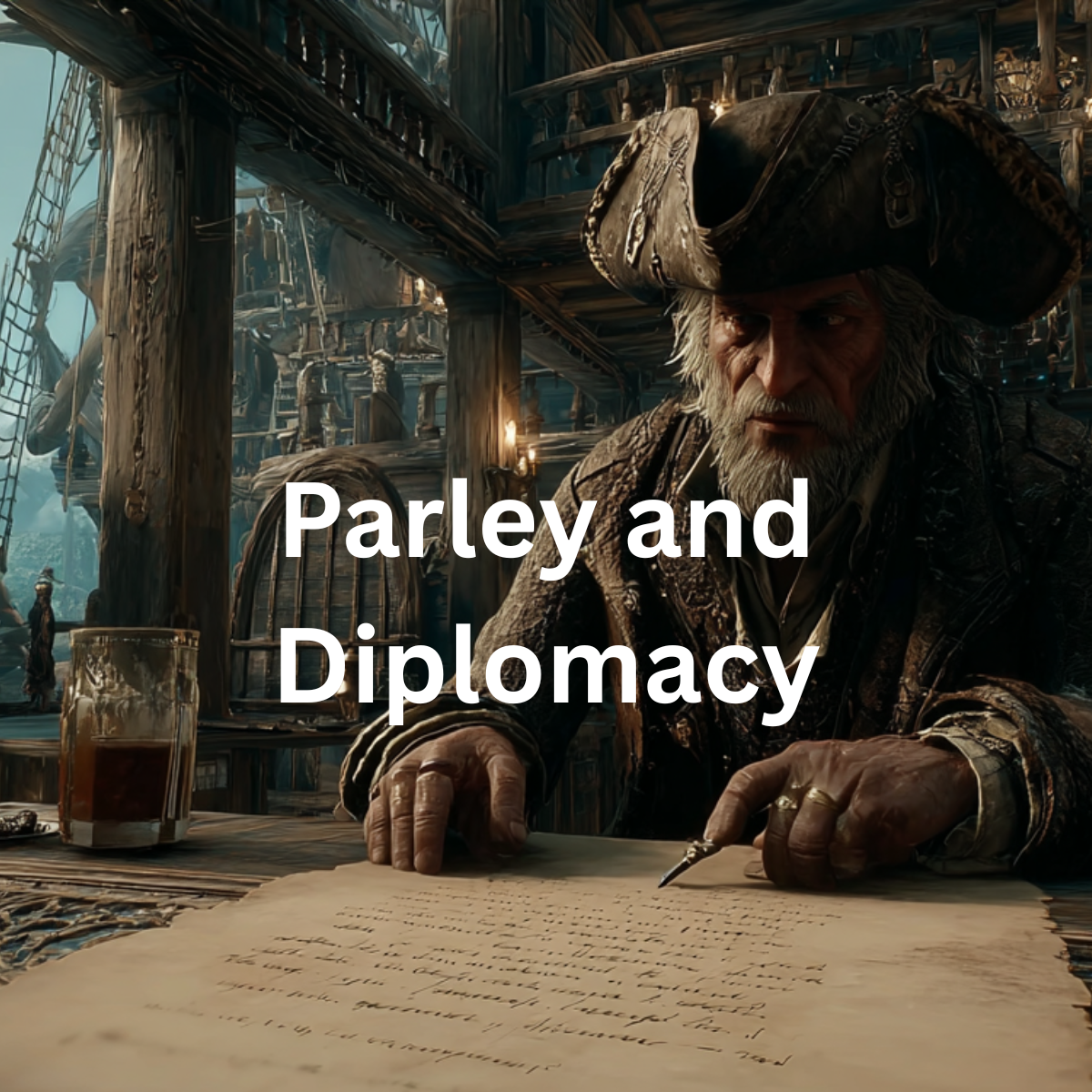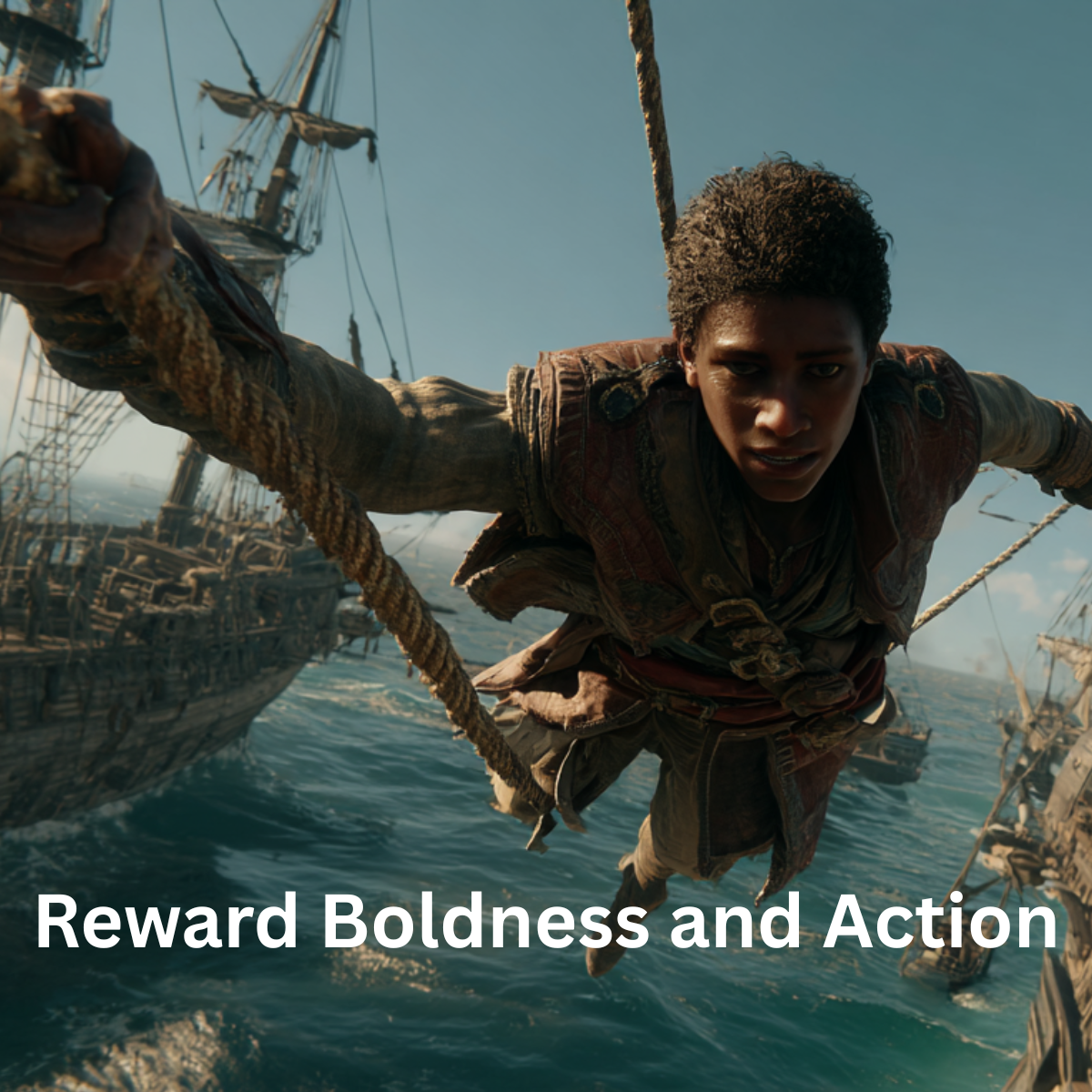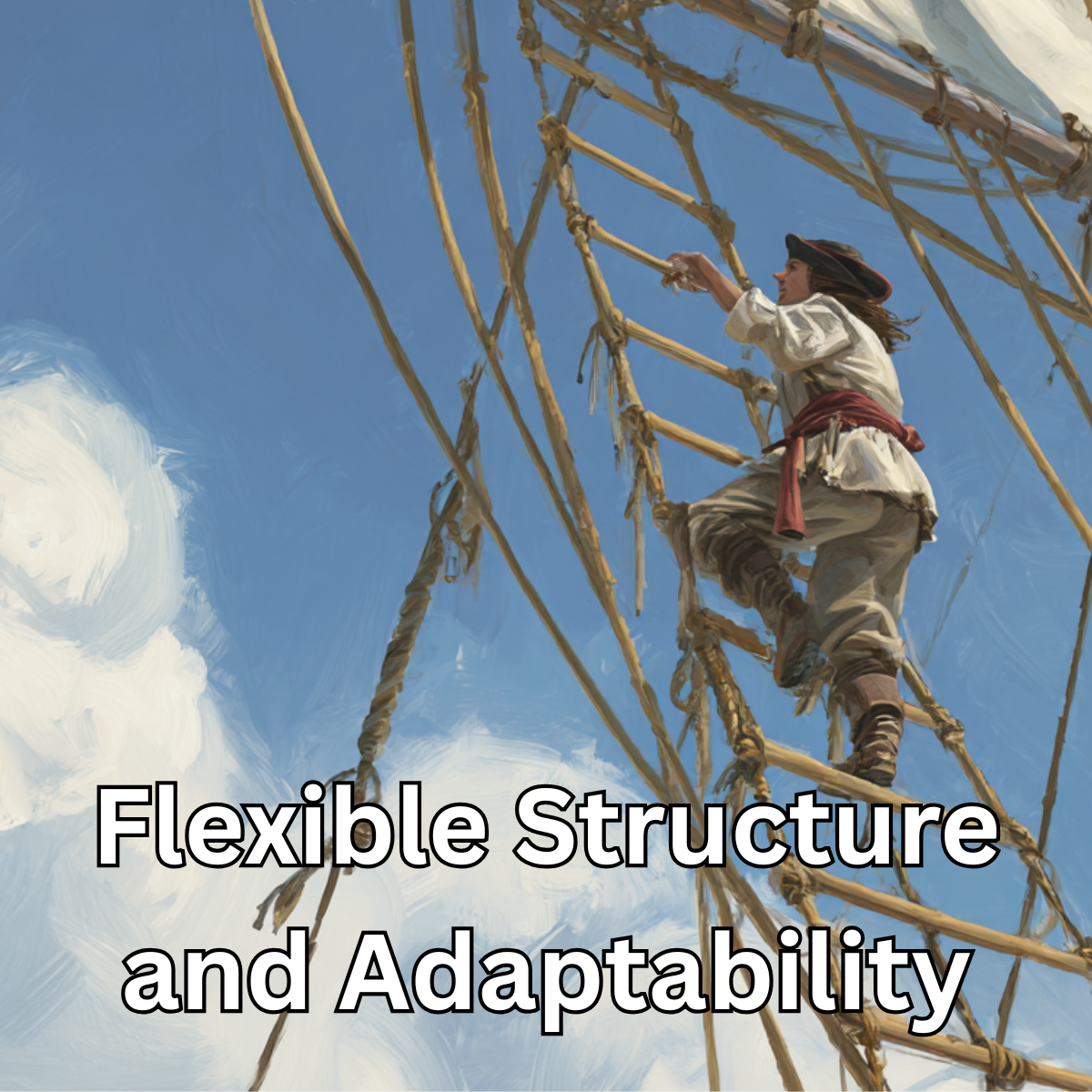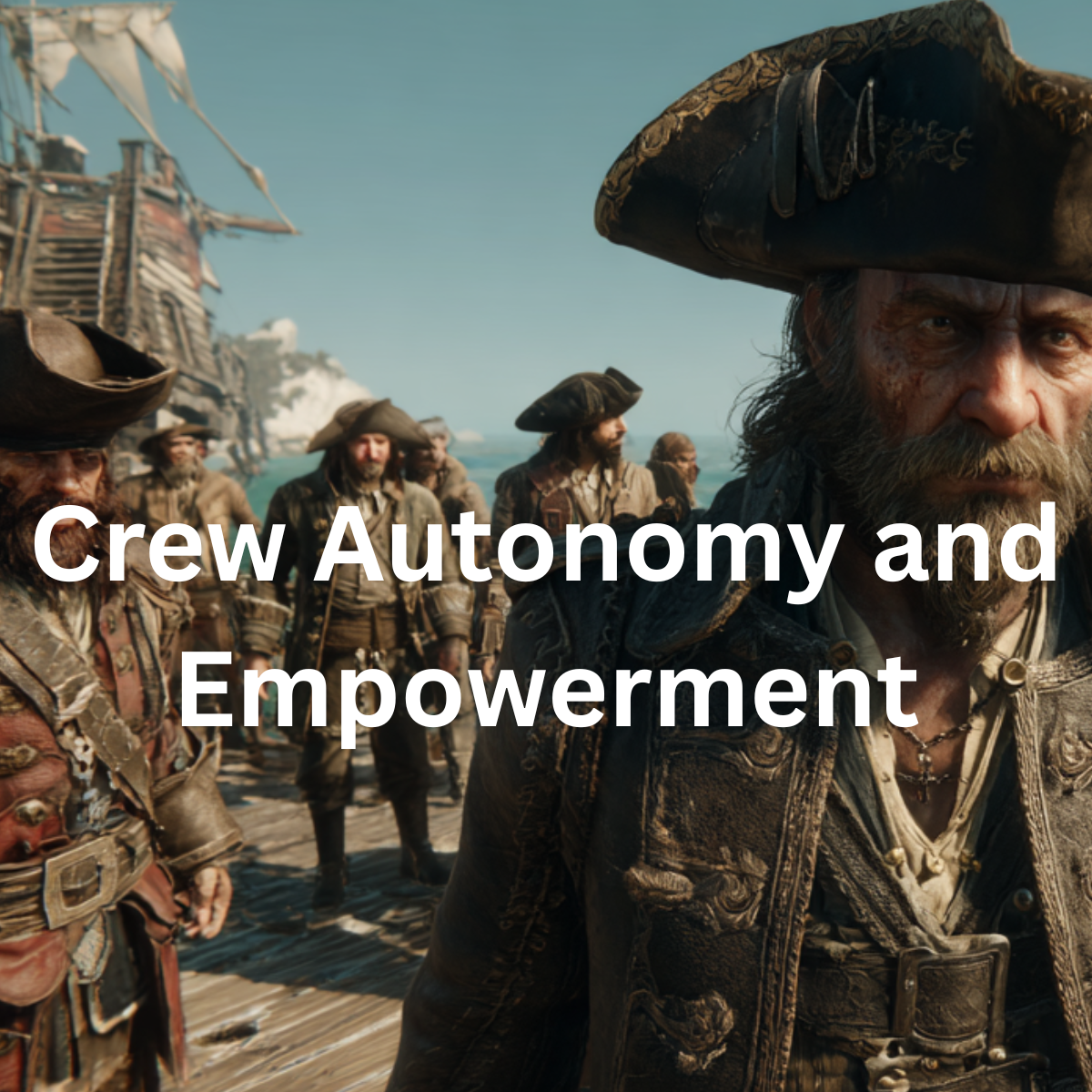Success is counted sweetest
By those who ne’er succeed.
To comprehend a nectar
Requires sorest need.
Social media gurus constantly champion originality with rallying cries of “Be Unique! Be You!” However, what often goes unmentioned is the inherent cost of originality. The truth is, our collective appreciation for originality isn’t as profound as we like to believe. People generally shy away from risk, gravitating towards the familiar rather than the novel. There’s a natural preference for things with a proven track record of success over innovative, yet untested ideas. Originality, it seems, is often ahead of its time, typically facing rejection from critics and peers who lack contemporary understanding and appreciation.
This initial skepticism towards originality isn’t just a cultural oversight; it’s a reflection of a deeper, instinctual wariness of the unknown. Yet, it’s precisely this uncharted territory that has historically been the birthplace of breakthroughs and monumental shifts in thought and innovation.
This discussion naturally brings us to Emily Dickinson, a beacon of originality whose journey underscores the complexities surrounding the reception of novel ideas. Her poem, “Success is Counted Sweetest,” first appeared in 1864 in the Brooklyn Daily Union, published anonymously. Speculation swirled, with many attributing the work to Ralph Waldo Emerson. It was only much later revealed that Emily Dickinson was the true author, and that the poem had been published without her consent, bearing alterations from her original manuscript. Dickinson’s work epitomized originality, yet her profound contributions to poetry remained largely unrecognized until years after her death. This delay in recognition highlights a recurring theme: truly original work often waits in the shadows, its value and genius unrecognized by contemporaries.
Dickinson’s experience is emblematic of the challenges faced by original thinkers. Her poetry, rich in innovation and depth, languished in obscurity, overshadowed by the reputations of her contemporaries. It’s a poignant reminder of the time it often takes for originality to be acknowledged and celebrated, underscoring the patience and perseverance required from creators who dare to venture beyond the conventional.
One can’t help but ponder the existence of modern-day Emily Dickinsons, those who are currently crafting content that defies the prevailing norms of our social media landscapes. It’s intriguing to observe the widespread complaints about the monotony and cringe-inducing content that floods our feeds, yet truly unique contributions often go uncelebrated and underappreciated. Emily Dickinson’s poetry, by contrast, exemplifies uniqueness in its purest form. Her work starkly diverges from that of her contemporaries, a fact that has posthumously earned her recognition as one of the greatest poets in American history. Dickinson’s unconventional approach to grammar, meter, and rhyme, coupled with her succinct use of language and introspective focus on personal experiences, crafts a mysterious and captivating aura around her work.
This contrast between the reception of Dickinson’s work during her lifetime and its celebrated status today prompts reflection on how we engage with original content in the digital age. It raises important questions about our collective ability to recognize and value originality amidst the clamor for familiarity and the comfort of well-trodden paths. Dickinson’s legacy serves as a powerful reminder of the enduring impact of authentic, unique voices, challenging us to seek out and cherish the unconventional and innovative creators among us.
